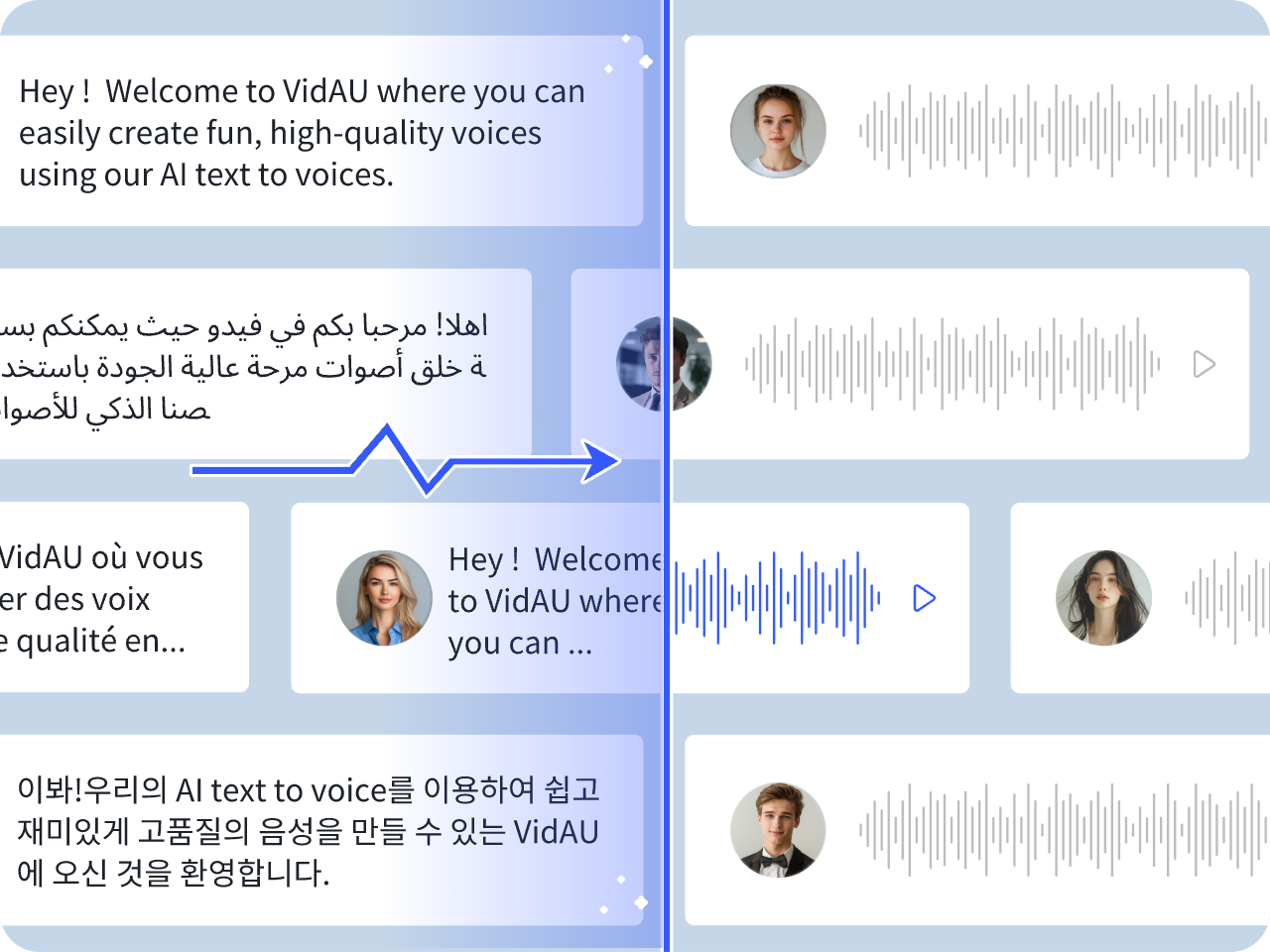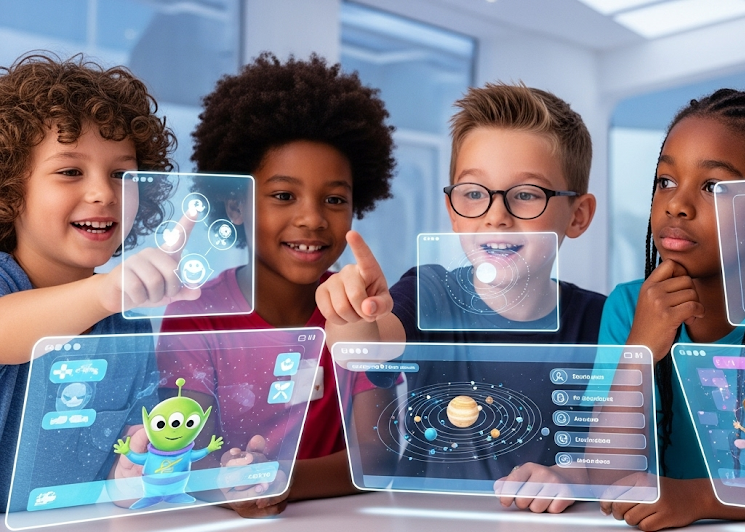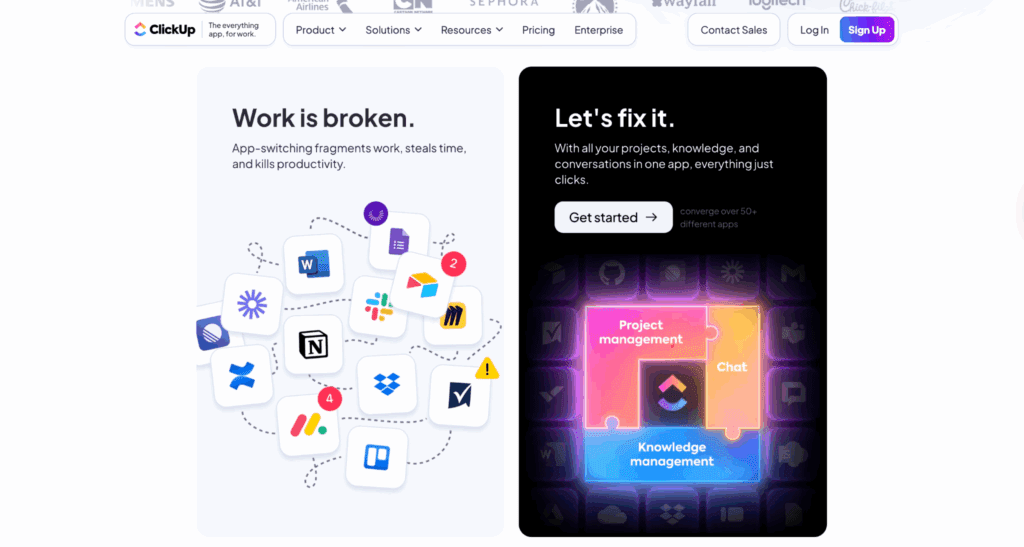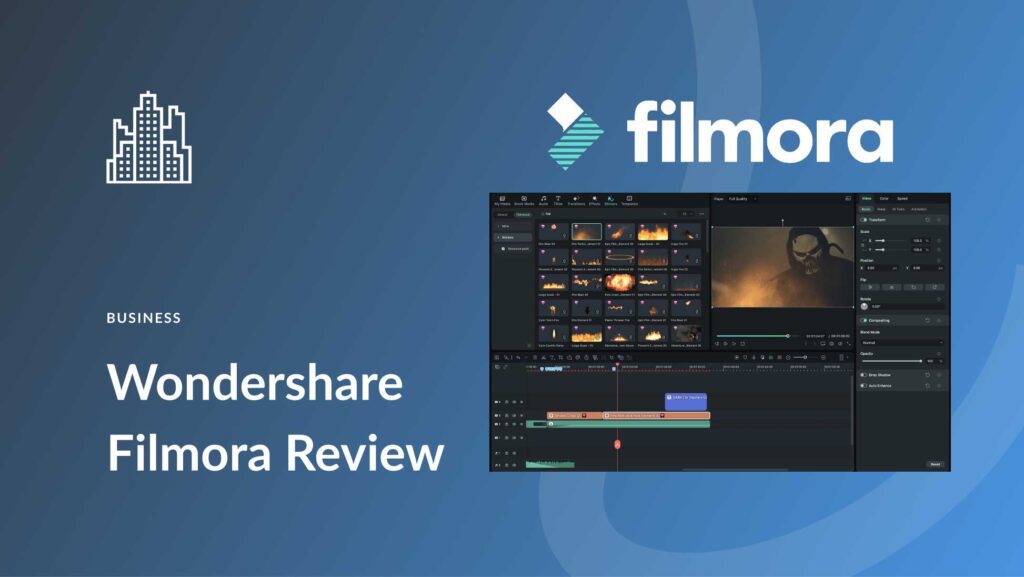
How Does the Voice Acting Industry Work Without AI Voice Cloner Technology?
Traditional Workflow in Voice Acting
Before AI voice cloning, voice acting was time-consuming and resource-heavy:
- Casting Process: Voice actors audition with demo reels.
- Script Analysis: Deep character and dialogue study.
- In-Studio Recording: Multiple takes, hours in the studio.
- Audio Editing: Post-production fine-tuning by engineers.
This process demands skill, time, and money.
Challenges
- Scheduling conflicts across teams
- Vocal strain from long sessions
- Consistency in tone across sessions
- Multilingual content requires extra voice actors
AI voice cloner tools like VidAU address these inefficiencies by offering scalable, fast, and high-quality voice replication.
Clone My Voice: The Dawn of AI Voice Cloning
Thanks to voice cloning, it’s easier to finish voice acting. Why does voice cloning have such a power? It depends on the technologies it is based on.Let’s have a look.

Audio Synthesis
The idea of being able to “clone my voice” once seemed like pure science fiction. However, advancements in audio synthesis and sound processing have turned it into a tangible reality. Audio synthesis is the process of making audio signals. It can involve creating sounds from nothing or changing existing sounds. This is usually done with electronic devices or computer software. Audio synthesis can also create sounds that resemble human voices. This ability is important for voice cloning.
Voice Replication
Voice replication makes it possible to reproduce the characteristics of a specific person’s voice using technology. It takes audio cloning a step further by refining the AI’s ability to not just imitate, but authentically recreate a voice with precision. This technology ensures that the cloned voice maintains its original characteristics even when used in different contexts, such as reading new scripts or speaking in various languages.Whether it’s for content creation, accessibility, or entertainment, the ability to replicate voices with such high fidelity is revolutionizing the way we interact with audio technology.
Key Benefits of AI Audio Cloning
AI voice cloner solutions offer game-changing advantages:
- For Voice Actors: License voices for passive income without repeated studio work.
- For Producers: Faster production timelines and lower recording costs.
- For Global Teams: Multilingual cloning removes the need for hiring multiple native voice actors.
- For Content Creators: Easy voice replication with tone control and instant preview.
AI voice cloner technology empowers more flexibility, accessibility, and scale.
Simpler Voice Mimicry: Guide for Using AI Voice Cloner in VidAU
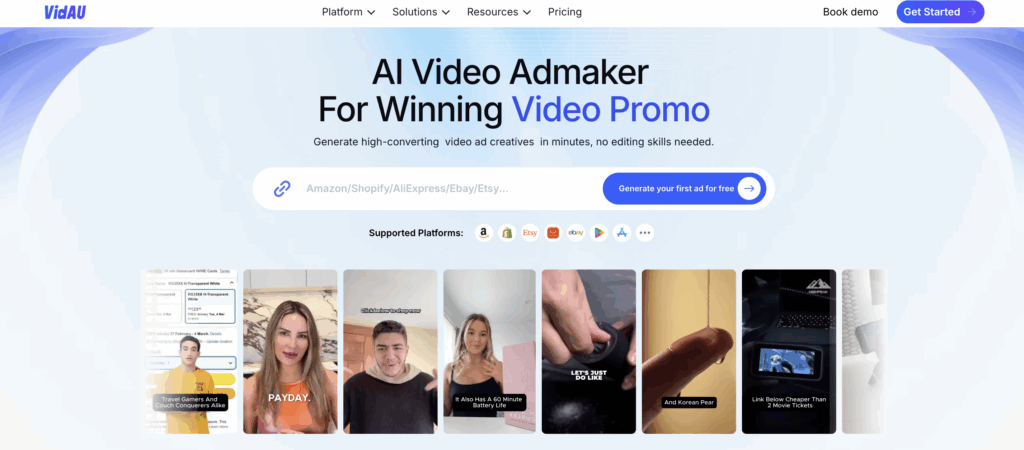
Compared with traditional voice acting workflow, VidAU’s voice cloner makes multilingual voice acting much more easy. You don’t have to search for a foreign voice actor for your project. Instead, Video’s voice cloner can clone the voices in the original video, and replicate it in another language.
After collecting a video sample of the voice you want to clone, you upload it to the platform. The AI processes the voice, creating a synthetic model that can then be manipulated to produce new audio clips. The detailed steps are as follows:
Compare VidAU AI Voice Cloner vs Other Tools
| Feature | VidAU | ElevenLabs | Resemble AI | Uberduck |
| Minimum Voice Sample | 30 seconds | 1 min | 3 mins | 30 seconds |
| Real-Time Cloning | ✅ | ✅ | ❌ | ✅ |
| Language Support | 20+ | 12 | 5+ | English only |
| Emotional Control | ✅ | ✅ | ✅ | ❌ |
| Free Tier Available | ✅ | Limited | ❌ | ✅ |
| Output Formats | MP3, WAV | MP3 | MP3, WAV | MP3 |
This table highlights why VidAU’s AI voice cloner stands out with its multilingual, emotional voice cloning and quick setup.
